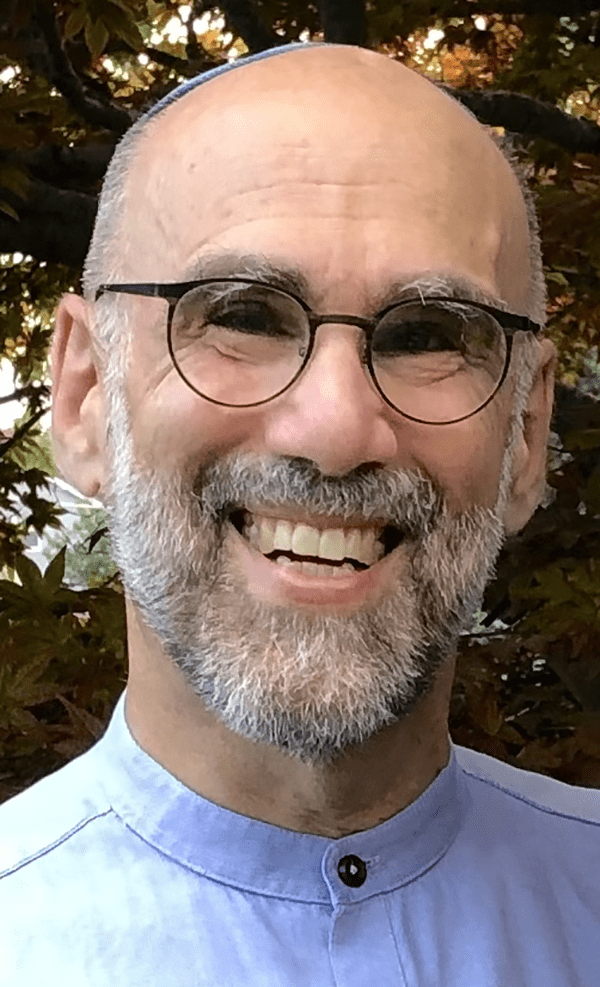Words / yom ha’atzma’ut
Like so many other commentators — ancient to modern — Rabbi Lord Jonathan Sacks elaborates on the construct of tzara’at, an unidentified skin ailment, as recompense for evil speech, lashon hara. Long-ago rabbinic wordplay connected tzara’at to words, speech, that can be hurtful. Aside from a clever acronymic derivation, why would the sages have focused on speech?
Makin’ Matza!
My recent posts...
Selling Chametz
Even if you don’t keep a kosher kitchen, and/or you don’t “convert” your kitchen for Pesach, there is still spiritual value in selling your chametz: You are engaging with myriad Jews worldwide in a practice that can be traced back to Torah and, if you include a donations to “ma’ot chitin,” you are enabling those in need to more fully celebrate Pesach.
A Few Things About Pesach (With lots of links)
There is a wealth of information about Pesach (and the challenges of this year) at Exploring Judaism.org.
Darkness and Light
Now, the Egyptians will encounter darkness, a darkness so thick they will FEEL it! “One could not see one another, and for three days everyone feared even rising from their places; but, for the Children of Israel, there was light in their dwellings.”
The parade of plagues has plunged the Egyptians into an immobilizing darkness full of fear, depression, enervation and torpor, social isolation, dread of the present, much less the future.
The Egyptians couldn’t see anything positive ahead, no glimmer on the horizon.
However, for the Israelites in Goshen, light shone within their residences. They too were stuck in place, but they saw hope in the darkness. Optimism glowed in their midst; they were shining spiritually and physically.
Perhaps the real plague was that the Egyptians, so caught up in their own darkness, missed an opportunity to learn from the Israelites: even in the black of night you can find — or create — a spot of light.
Or was the plague a metaphysical darkness, an inability to see one another, much less the Other? The Chassidic commentator Rabbi Isser Zalman Meltzer (19-20 c Lithuania) suggests that the Egyptians were forced to confront their indifference to the Israelite suffering, resulting in shadows falling across their own lives.
Rabbi Yitzchak Meir of Gur (1789-1866) writes that the deepest darkness is when one is blind to another’s pain, when empathy is opaque and quiescent.
It was dark “for three days….” Time in Torah is sometimes ambiguous; 40 days or years can simply mean a long time. Or it could mean 40 days or years.
Here, three days of darkness could be three days, or it could have been less time that to the Egyptians felt like an endless three days.
We’ve been living two years, so far, of relative darkness. Two years of distance from family or friends. Two years of being or feeling housebound, unwilling or unable to budge from our places.
However, unlike the Egyptians, we get to see one another — even if mostly on Zoom or the like. We get to leave home, masked and otherwise cautious.
We need to see the light — or make it —wherever we are physically or psychologically: we should appreciate how online access enables us to gather for prayer and learning, for fellowship and fun, for community and consolation, for time with grandkids.
So much time at home has led some of us to rearrange kitchen cabinets or living room furniture, to play more piano, to knit another sweater, to renewed interest in painting.…
We would do well to emulate those Israelites amid the Egyptian darkness, and, as Eric Idle wrote and sang in The Life of Brian, “Always look at the bright side of life.”


